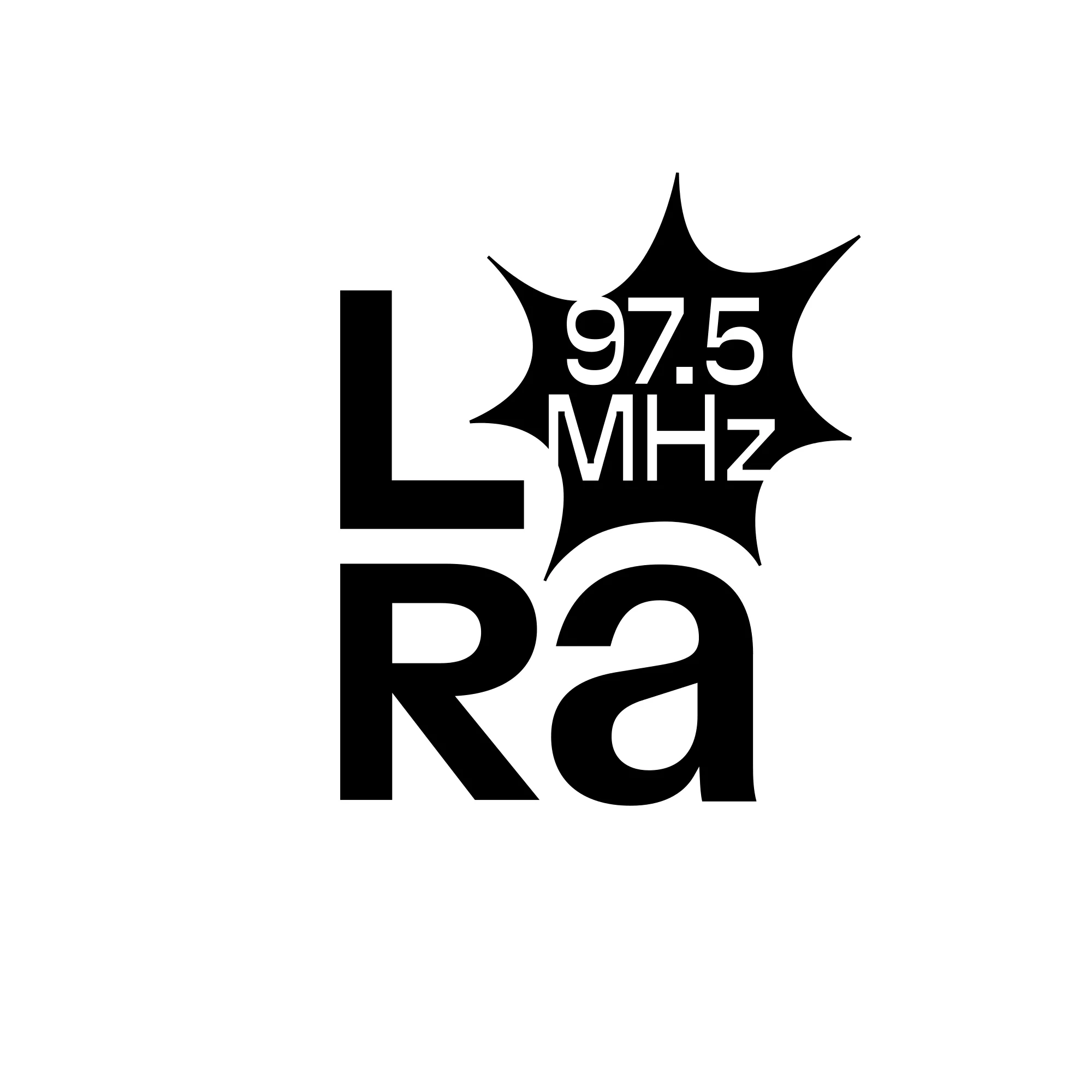Zurich’s free radio – 40 years of resistance
Radio LoRa is a non-commercial local radio station for the greater Zurich area and the oldest community radio station in Switzerland. Around 250 volunteer programme makers broadcast 24 hours a day from our studios in Kreis 4 – in 21 different languages! Radio LoRa’s programme is as colourful and diverse as the opinions, cultures and music of the people of Zurich – which is why no two hours at LoRa sound the same.
Radio LoRa presents topics and plays music that have no place in other media. It provides broadcasting time to a variety of groups and individuals, especially people who have little room for self-representation in the media due to social marginalisation and sexist or racist discrimination. Radio LoRa is an intercultural radio station and, with programmes from various communities, reflects the social reality of the city of Zurich, where one in three residents lives an everyday life that is not (only) in Swiss German. At LoRa, they make their stories, perspectives and opinions heard in over 20 languages.
The feminist editorial team at Radio LoRa, which produces the entire Monday programme, also has a long tradition. It is impossible to imagine LoRa without it and is not only at the helm on Mondays, but also shapes our entire radio programme. The topics that feminists take to the streets are taken up by RADIA and broadcast over the airwaves.
Born out of the 80s movement, Radio LoRa carries on this legacy. LoRa is a station for the movement by the movement. We use the radio waves to offer an alternative to the prevailing order. Radio is our instrument for expressing our resistance. For us, independent journalism does not mean propagating a predetermined neutrality, but taking a stand and reporting from below against above.
As a complementary radio station with a performance mandate, Radio LoRa differs programmatically and organisationally from both private and public radio stations. On the one hand, there is no advertising on Radio LoRa and therefore no advertising revenue. It is financed by membership fees, donations, shares from radio and television licence fees and project-related funding.
